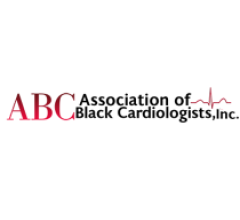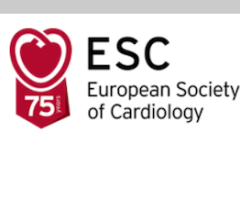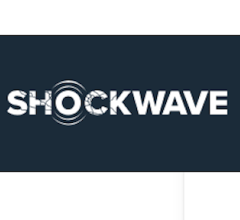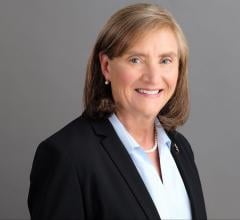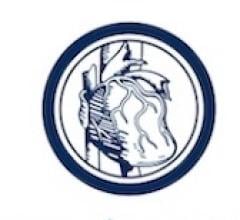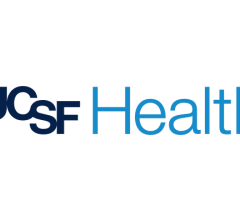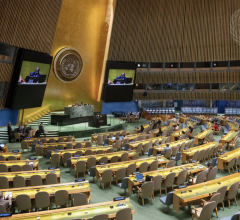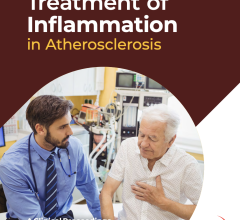
Hospitals in the U.S. are suffering under a debilitating post-pandemic financial and operational trauma. Ascension posted an almost $900 million loss in Q1 of 2022, down from net income of $957.32 million in Q1 of 2021. Kaiser Permanente posted a loss closer to $1 billion, down from net income of $2 billion in the same quarter last year. Labor costs are going through the roof as hospitals battle labor shortages and a substantial increase in the use of contract workers; medical devices and other supplies are becoming more expensive as suppliers adjust their prices to account for their supply chain challenges; and a whole host of systemic challenges have emerged from the pandemic, impacting everything from service line profitability to sustainable financial structures. At the same time, hospital systems still have to make good for the extra expenses they incurred for testing, care and other COVID-related expenses.
More Discussion Needed on Cost-savings Solutions
On this backdrop, you would expect that healthcare science and technology conferences in 2022 would pivot from a focus on more expensive treatment discussions to a focus on solutions that drive cost savings. After all, the physicians at these conferences quite simply won’t have a lab to work in unless the cost of procedures goes down. Unfortunately, at least at Heart Rhythm Society’s (HRS) 2022 Scientific Sessions, this was not the case. Rather, it was more of the same as prior years, with large, multinational technology companies launching new, more expensive devices, and physician leaders speaking into a great echo chamber populated by other physician leaders about new treatment approaches that they see rendering better results. Since their research is mostly funded by the same technology companies that profit from the adoption of new treatment approaches, the issue of costs was simply not addressed.
There were, of course, new announcements from the large technology companies. Biosense Webster promoted the Octaray and Optrell mapping catheters and the NuVision 4D ultrasound catheter, Abbott focused on its EnSite X mapping system, and Boston Scientific promoted Farapulse, the leading pulsed field ablation (PFA) system Boston acquired last year. PFA is poised to become a small revolution in atrial fibrillation and other arrhythmia treatments, and several other companies, including Galaxy Medical, were at HRS to show their progress in the area.
The pace of new technology launches in electrophysiology is rapid, and Heart Rhythm Society is the place to see the newest devices and systems. However, we’ve been seeing signs in recent years that hospitals and physicians are less eager than usual to simply pick up new devices just because they are new. We saw it first with the SoundStar diagnostic ultrasound catheter from Biosense Webster. It was launched with functionality and technical features that clearly differentiated it from the predecessor device, the 2D AcuNav. However, at many of the more advanced health systems, physicians did not simply switch from using AcuNav to SoundStar; although the SoundStar could do more, apparently many found this made no difference in patient outcomes.
The Octaray, launched last year, provides another example of a solution in search of a problem: The Octaray was launched as a next-generation Pentaray — essentially providing extra electrodes on three extra “arms” to make mapping faster and more detailed. Biosense Webster appears to have struggled with adoption as physicians increasingly question whether new technology will truly improve their practices.
The trend appears it may continue. This year, Biosense Webster launched the Optrell mapping catheter, which is quite similar to the Abbott Advisor HD Grid. While the company presumably hopes this technology will alter physician preferences, they might find these customers again questioning the value for the money.
A Call to Action for Hospitals
Physicians are right to be questioning value when it comes to new technology and whether it truly improves patient outcomes. In fact, this is precisely the kind of thinking that is needed in electrophysiology at a time when hospitals and healthcare in general need to focus on the economics of healthcare. It would be helpful if the large medtech companies listened and built procedure economics into their launch strategies. Likewise, Heart Rhythm Society might benefit from revisiting format and participation to deliver on its “mission to improve the care of patients by promoting research, education, and optimal healthcare policies and standards.”
In a May 8 Wall Street Journal article titled “Hospitals Look to Raise Treatment Costs as Nurses’ Salaries Increase,” the reporter describes how major hospital systems (HCA, UHS) are translating higher nurse salaries directly to increasing procedure prices (15% vs. 3% in a normal year) in their discussions with insurance companies and employers. This will translate directly to higher patient premiums. In other words, consumers are poised to pay for the post-pandemic financial trouble of hospitals.
Given that the U.S. has one of the most expensive healthcare systems in the world — and that medtech stock value is ever-increasing — I suggest hospitals tackle the problem by making demands on suppliers, including the ones participating at Heart Rhythm Society, rather than simply pushing the burden to the consumer.
Historically, the conversations at medical technology conferences have been an example of industries essentially talking with themselves. But the pandemic has made these discussions relevant beyond the industry, and their impact is being directly felt by the healthcare consumer. It is time to make healthcare technology costs a matter of public discourse, not simply something we leave to technologists and scientists.

Lars Thording, PhD, has a background in academia, consulting and industry leadership. He has been responsible for the launch of numerous market-disrupting solutions across healthcare, insurance and technology. Originally from Denmark, he has taught at universities in Denmark, Ireland and the United States. He currently serves as the vice president of marketing and public affairs at Innovative Health, a medical device reprocessing company specializing in electrophysiology and cardiology technology. Lars currently serves on the board of the Association of Medical Device Reprocessors.
Read more HRS22 conference coverage


 February 04, 2026
February 04, 2026 
